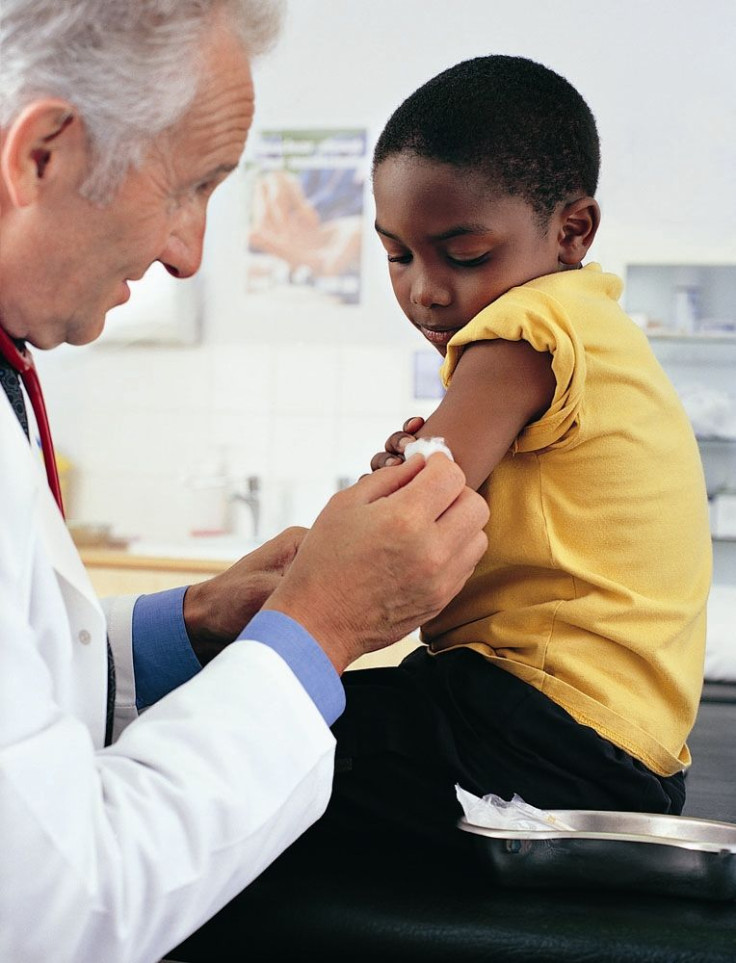Infant Immunization Week: Saving Lives Through Vaccine Awareness

Immunizations have cleansed the world of such horrors as smallpox and with polio set to be eradicated in the next five years; vaccines have proven their worth in saving lives.
This is why children are given a series of vaccinations when they are young. Common diseases such as measles, mumps and rubella are easily preventable if children are given vaccines early. Additionally, the possibility of transmitting such diseases to babies that have yet to be vaccinated is significantly reduced when the majority of people are immunized.
This week begins National Infant Immunization Week which aims to raise awareness that children should be immunized by age two to prevent 14 common childhood diseases. And with stories about Measles outbreaks in the UK recently making headlines it is important to keep in mind that these preventable diseases can do a lot of harm to a child. So far in that outbreak, 808 have become ill with the potentially fatal disease. Cases have also popped up in California over the last few years.
According to the Centers for Disease Control vaccines have greatly benefited the children of American:
- In the 1950s, nearly every child developed measles, and unfortunately, some even died from this serious disease. Today, few physicians just out of medical school will ever see a case of measles during their careers.
- Routine childhood immunization in one birth cohort prevents about 20 million cases of disease and about 42,000 deaths. It also saves about $13.6 billion in direct costs.
The CDC also recommends adults be vaccinated against common diseases if they have not been. This is encouraged because of the risk of transmitting an infection to unimmunized children can and has occured.
Health departments all over the U.S. will be offering immunizations free of charge to children all week long.
For a suggested immunization schedule click here.



























